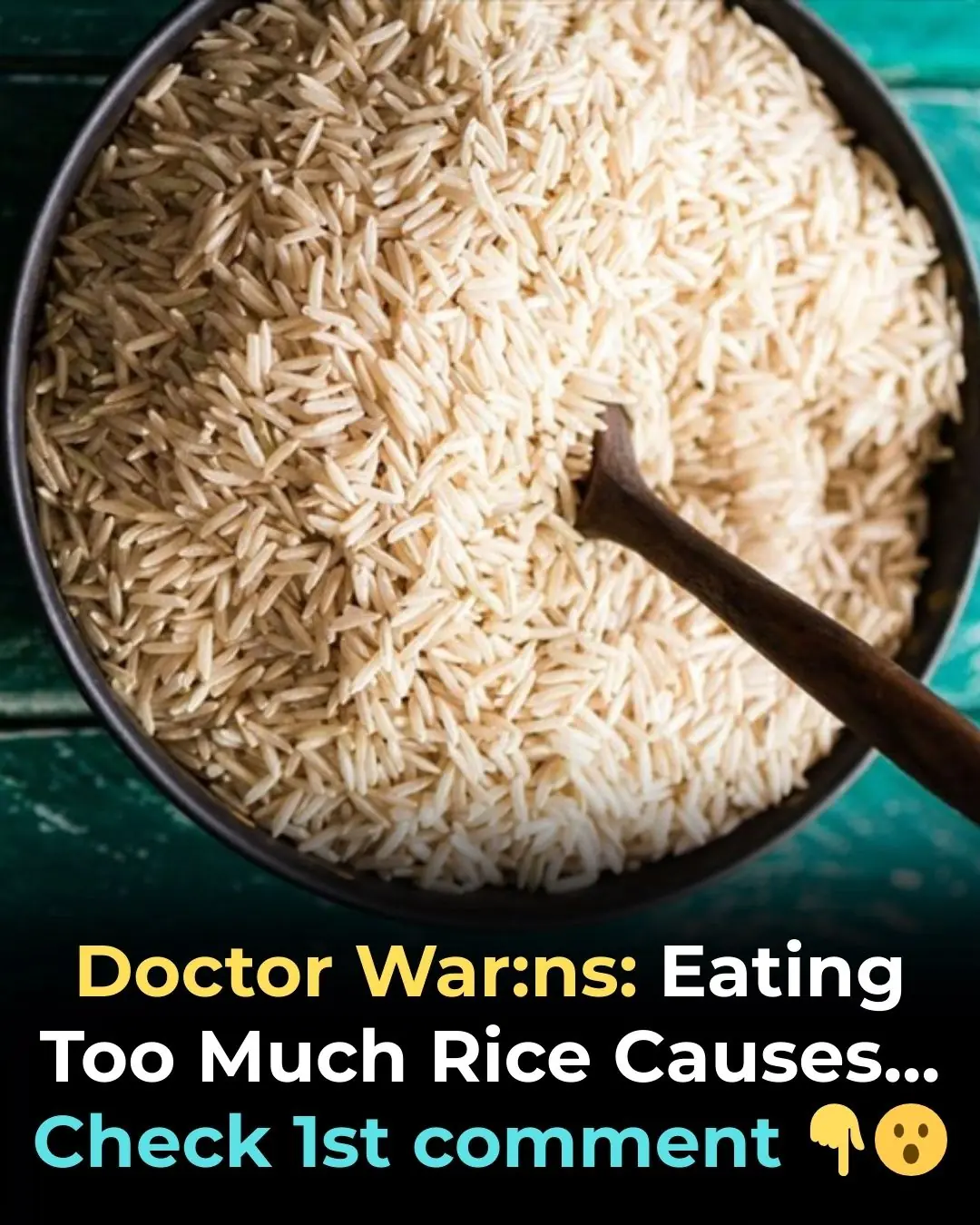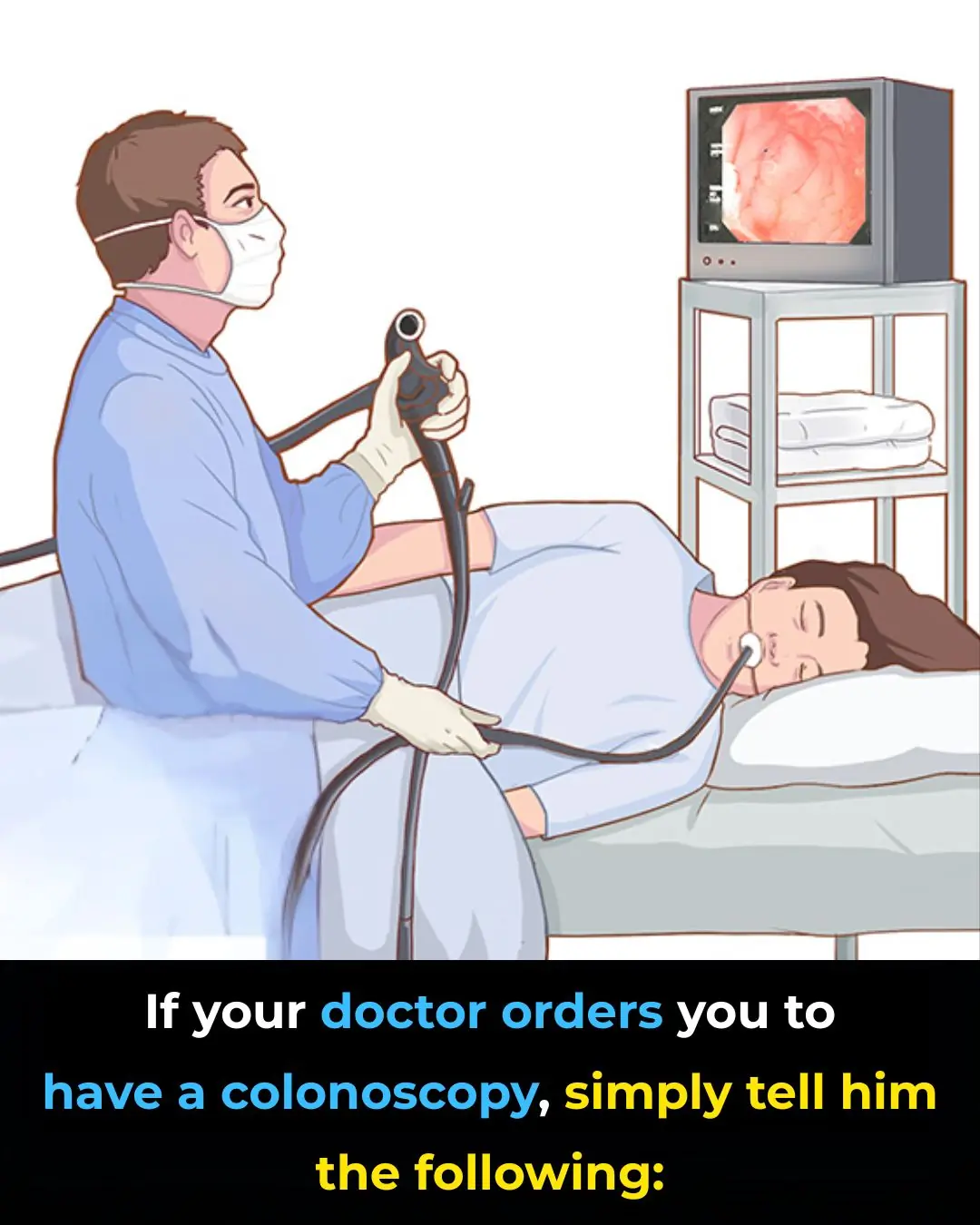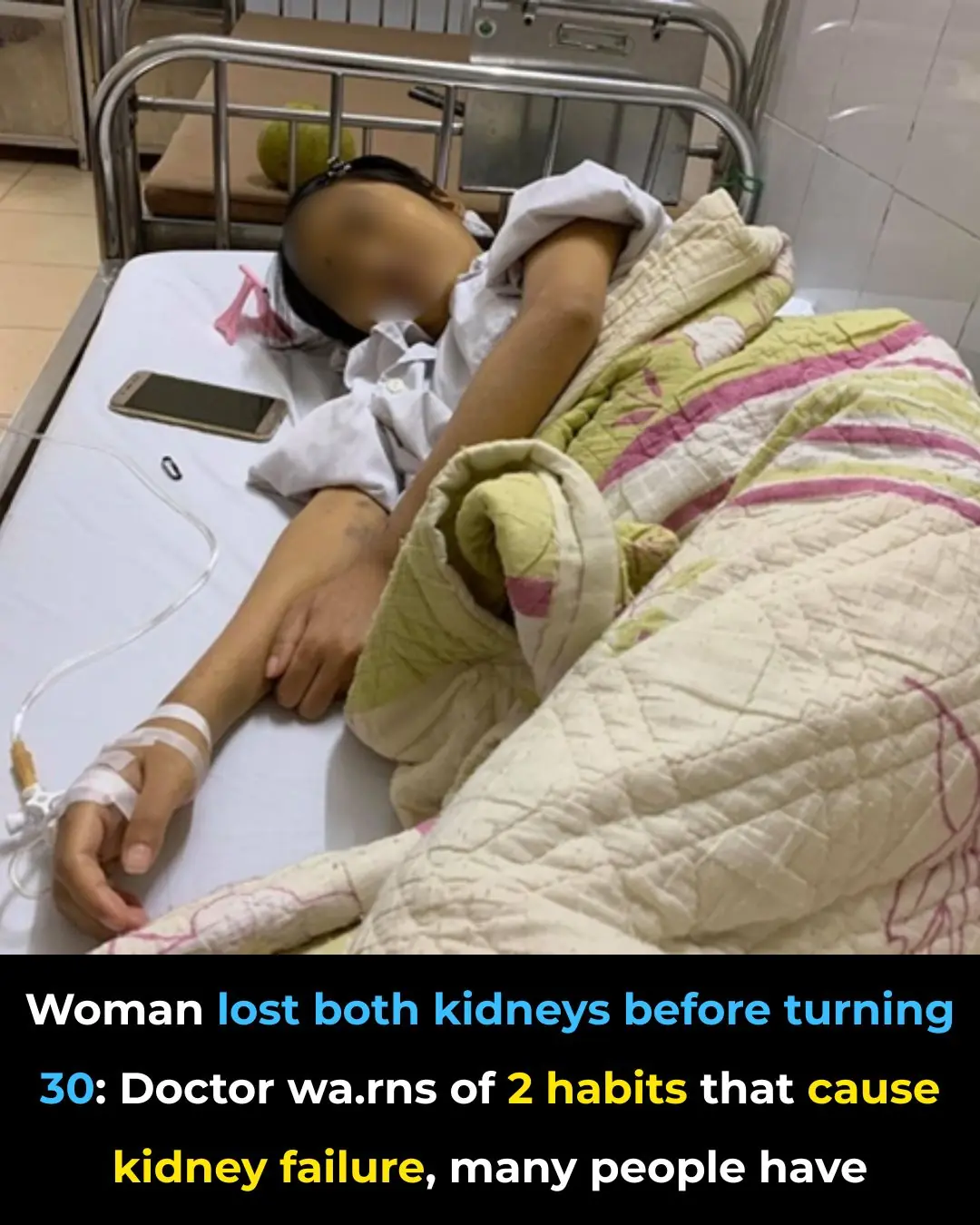
Warning Signs in Bowel Movements Indicating Possible Colorectal Cancer — When to See a Doctor Immediately
Colorectal cancer, commonly known as colon cancer, is a serious medical condition that affects millions of people worldwide. Early detection is crucial for successful treatment and improving survival rates. One of the earliest signs that may indicate colorectal cancer involves changes in bowel habits or abnormalities during bowel movements. Recognizing these warning signs and seeking prompt medical attention can make a significant difference in outcomes.
One of the most common symptoms that should raise concern is persistent diarrhea or constipation. While occasional changes in bowel habits can happen due to diet or minor infections, lasting alterations over weeks or months may signal a problem. If you notice that your bowel movements have become irregular, either more frequent or infrequent, and it does not improve, it is important to see a healthcare professional.
Another alarming sign is the presence of blood in the stool. Blood can appear bright red or dark, almost black. Although blood in stool can be caused by less serious conditions like hemorrhoids or anal fissures, it should never be ignored, especially if it persists. Blood may indicate bleeding from a tumor or other abnormal growths in the colon or rectum.
Additionally, many patients with colorectal cancer report narrow or thin stools. This change occurs because tumors inside the colon may partially block the passage, causing stool to become thinner than usual. If you notice a consistent change in the shape or size of your stool, this warrants a thorough medical examination.
Unexplained abdominal pain or cramps is another symptom to be aware of. While many causes of abdominal discomfort exist, persistent pain, bloating, or a feeling of fullness could indicate a growing tumor or blockage in the colon. Coupled with changes in bowel habits, this symptom should raise concern.
Unexpected weight loss and fatigue are often signs that the cancer has affected the body's overall health. Losing weight without trying and feeling constantly tired may be related to cancer’s effect on the body's metabolism or due to chronic blood loss leading to anemia.
It is important to note that these symptoms do not always mean colorectal cancer — many other conditions can cause similar signs. However, because early-stage colorectal cancer may not cause obvious symptoms, paying close attention to changes in bowel habits and stool appearance is critical.
People who are at higher risk of colorectal cancer include those over 50 years old, individuals with a family history of colon cancer or polyps, people with inflammatory bowel diseases such as Crohn’s disease or ulcerative colitis, smokers, and those with poor diet or sedentary lifestyle.
If you experience any of the warning signs described, you should schedule an appointment with a healthcare professional as soon as possible. Doctors may recommend screening tests such as a colonoscopy, stool tests, or imaging studies to diagnose or rule out colorectal cancer.
In summary, changes in bowel movements — including persistent diarrhea or constipation, blood in the stool, narrow stools, abdominal pain, unexplained weight loss, and fatigue — are warning signs that should never be ignored. Early detection saves lives. If you notice any of these symptoms, do not delay seeking medical advice. Prompt evaluation and treatment are essential to improve prognosis and quality of life.
News in the same category


The One Leaf That Naturally Supports Blood Sugar, Blood Pressure & More

Seniors: Discover These 3 Everyday Seeds That May Support Healthy Eyes & Retina as You Age

A refreshing natural drink packed with eye-supporting nutrients like beta-carotene, lutein, and zeaxanthin from fresh carrots, cucumber, and ginger might just become your new daily habit for supporting healthy vision.

Doctor issues warning about eating too much rice

Colonoscopy: The key question you should ask your doctor before the procedure

Itchy Breasts? Here Are 6 Health Issues That Could Be Behind It

Woman lost both kidneys before turning 30: Doctor warns of 2 habits that cause kidney failure

Doctors reveal that eating bananas before bed can lead to... See more

The Silent Signal: What Your Legs May Reveal About Pancreatic Health

Does Sniffing Rosemary Really Boost Memory

Number Of Triangles You See Will Reveal Your True Personality

8 Foods You Should Eat Instead of Taking a Vitamin C Supplement

Right-Side Abdominal Pain in Women: Could It Be Gallstones?

Everything You Need To Know About Nail Pitting

🧠 8 Strange (But Real) Signs Your Body Is Begging for More Vitamin B12 – Don’t Ignore These Red Flags

Discovering Smart Protein Choices: 4 to Include and 5 to Limit for Kidney Health Support

How I Improved the Appearance of My Legs: Smoother, Brighter & Healthier-Looking Skin with Simple Habits

Discover 5 Everyday Foods That May Increase Cancer Risk and Simple Swaps for Better Health

Discover Everyday Herbal Habits That Can Help Support Your Kidney Health Naturally
News Post

The Power of Fig Leaves: Hidden Health Benefits You Should Know

The One Leaf That Naturally Supports Blood Sugar, Blood Pressure & More

Seniors: Discover These 3 Everyday Seeds That May Support Healthy Eyes & Retina as You Age

A refreshing natural drink packed with eye-supporting nutrients like beta-carotene, lutein, and zeaxanthin from fresh carrots, cucumber, and ginger might just become your new daily habit for supporting healthy vision.

POOR TWIN SISTERS BUY GROCERIES AND FIND A BILLIONAIRE IN THE BASEMENT–WHAT HAPPENS NEXT SHOCKS ALL

For two decades, I was the neighbor no one noticed—the quiet man who trimmed his hedges, fixed bikes, and never argued

Here is what this little hole on the ear mean

Doctor issues warning about eating too much rice

Colonoscopy: The key question you should ask your doctor before the procedure

Itchy Breasts? Here Are 6 Health Issues That Could Be Behind It

Woman lost both kidneys before turning 30: Doctor warns of 2 habits that cause kidney failure

Understanding the Body After 70

A Father’s Unexpected Return Exposed Everything

Doctors reveal that eating bananas before bed can lead to... See more

Racist Passenger Insulted Black Man in Economy — Turns Out He Owns the Airline

The Silent Signal: What Your Legs May Reveal About Pancreatic Health

Does Sniffing Rosemary Really Boost Memory

Number Of Triangles You See Will Reveal Your True Personality

Envy Rarely Looks Like Hate
